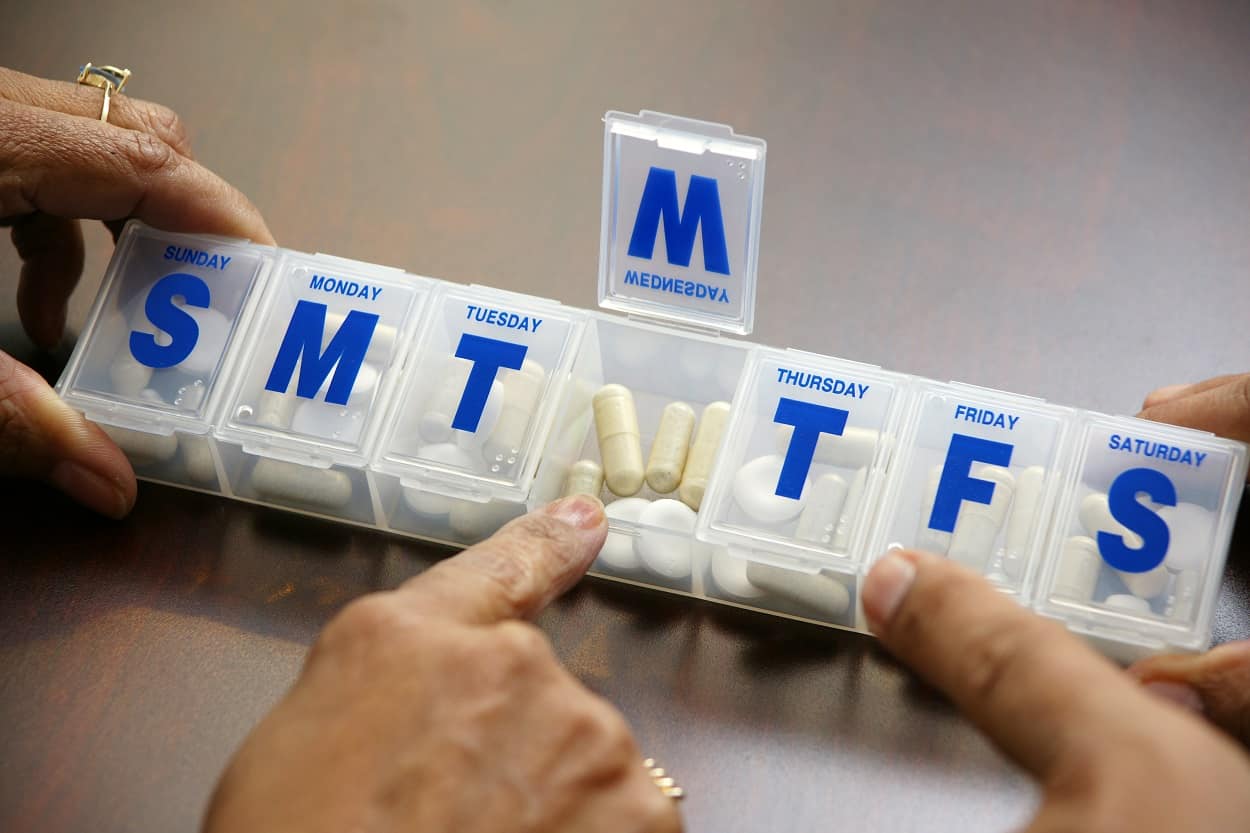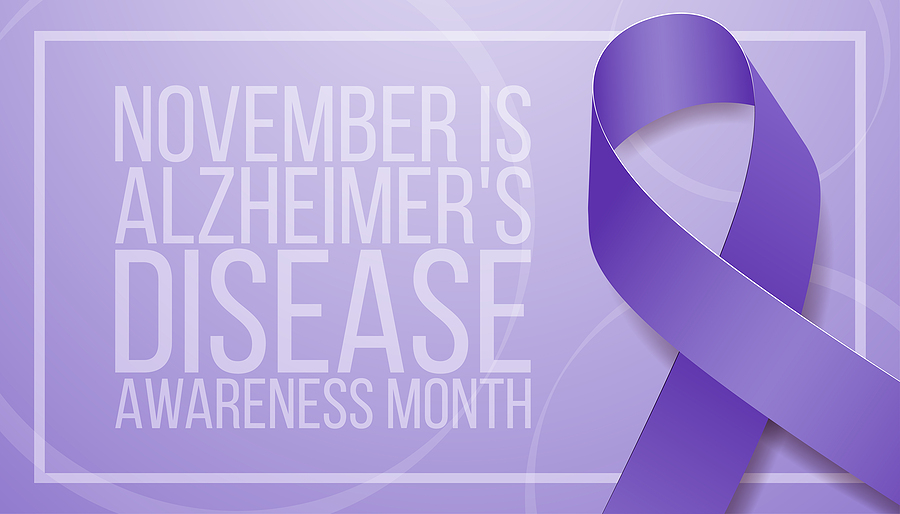Ways for Seniors to Safely Manage their Medications
If you have one or more health conditions, you’re probably taking at least one prescription medication. However, if you’re 65 or older, you’re likely taking at least four prescriptions.
When it comes to medication management for seniors, the challenges grow bigger over time. As you age and your risk of senior health problems increases, so does the likelihood your medication list is growing.
What you may not realize is that medication mishaps account for more than 450,000 emergency room visits each year, and older adults are seven times more likely than younger people to be hospitalized after an adverse drug event.
Mistakes with medication happen for many different reasons, most of them accidental or unintentional. You can prevent many drug-related mishaps by following these safe medication management tips.
1. Maintain a list of all of your medications.
One simple piece of advice about medication management for seniors is to write it all down. Whether you do it by hand or keep your list on a computer, make notes about each medication you take, why you take it, how much to take and when, who prescribed it, and when your next refill is due. Keep a copy with your pill bottles and be sure to update it any time your doctor makes changes to your dosage instructions.
2. Be wary of potential conflicts.
While your doctor and pharmacist should be watching for potential interactions, another safe medication management tip is to ask about potential dangers any time you start a new prescription. For example, some prescriptions should never be mixed with certain over-the-counter medications such as those used to treat the common cold. There may also be risks associated with your lifestyle or food preferences. For example, you may need to avoid drinking alcohol while taking certain medications, or if you enjoy eating grapefruit or drinking grapefruit juice, you may have problems with certain drugs, many of which are used to treat high blood pressure.
3. Speak up when you have concerns.
Generally, you should take medication as prescribed until your doctor tells you otherwise. If a medication isn’t helping like you think it should, or if it’s causing side effects that are severe or don’t improve within the expected time frame, talk with your healthcare provider. There may be alternatives that will provide better results, but your doctor won’t know your prescription isn’t working if you don’t tell them.
4. Use tools to stay on schedule.
Forgetting to take medicine is one of the most common medication mistakes for seniors. With some exceptions, like insulin, an accidental missed dose here or there isn’t too much to worry about. However, habitually forgetting to take your meds, or not taking them at consistent intervals, can cause problems. If you need help keeping your medication schedule on track, try using an alarm and sort pills into a pillbox so you can easily keep tabs on what you need to take and when. Also make notes in your calendar about when you should plan to order refills so you never risk running short.
5. Store medicines safely.
Your medications are intended specifically for you, based on your unique medical needs. That means you should avoid sharing them with others and store them in a cool, dry place out of reach of pets and children.
Consider support when you’re making medication mistakes.
Medication management for seniors, especially those with a long list of prescriptions, can be an overwhelming job. If you’re worried about your ability, or a loved one’s ability, to safely manage medications, it may be time to consider getting some extra support. Stonebridge at Montgomery offers a variety of senior care living options with compassionate support to help you maintain your independence. In addition to assistance with your medicine, you’ll find an invigorating and inviting community with an award-winning wellness program that nurtures your mind, body, and spirit. Contact us to make plans to visit!



